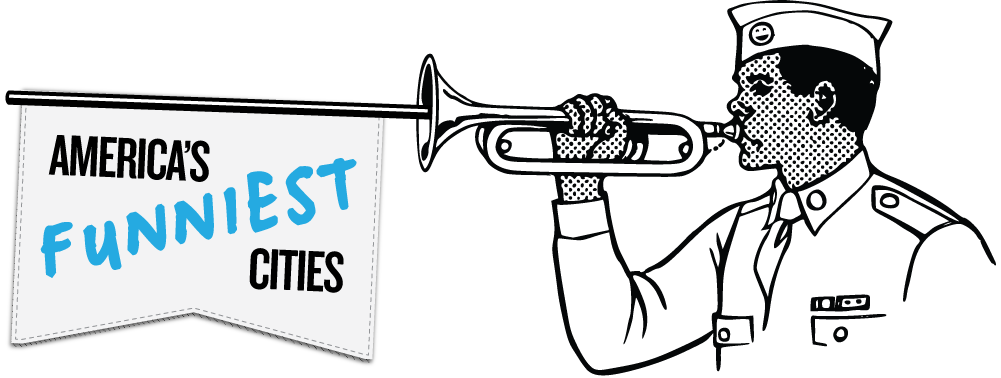The nice people at The Dairy Center for the Arts invited Pete to do a Q & A about the British comedy film, Alan Partidge (starring the very funny Steve Coogan).
The film shows on Thursday, June 26th at 7:00 pm (Q & A follows). Get your tickets HERE. And good news, the Dairy sells alcohol.
Joel gave Pete a list a reading assignment in order to prep. Here are three recent (non-academic) thoughts on British vs. American comedy:
– The Difference Between American and British Humour (Ricky Gervais)
– What are you laughing at? (Simon Pegg)
– Of Thee I Sting! (Vanity Fair)
Pete has previewed the movie, and he swears it is good.
Check the trailer:



I find that British films are more likely to use the camera style to produce humour. As shown in Simon Pegg movies such as the beginning of Hot Fuzz when he was introduced as a great detective and yet disliked by his peers. The train ride to the small town was great storytelling, funny and sad in the same time. From the same director in Scott Pilgrim versus the World, I laughed so hard at the scene when Scott ninja’d out of the window to avoid his girlfriend.
American film rely mostly on the dialogue. You could enjoy 90% of a film just by listening. It’s thus less funny for foreigners reading the subtitle. When I was a teenager, I couldn’t get why people liked Wayne’s World at all.
Adora, hi. (This is from Pete) Hot Fuzz is one of my favorite comedies! Thanks for the comment — I may use your comment in my Q and A.
We are living in an very interesting time in this regard. For many years you had American comedies and British comedies. Every so often the Americans would try and import a British idea, or vice versa, some times successful like Stepford and Son (which became Sanford and Son) and both versions of The Office. However it could fail too, like Red Dwarf and That 70s Show (a rather dull show that some how inherited the scripts, but not the humo(u)r).
http://en.wikipedia.org/wiki/Days_Like_These
But in all cases good and bad there was the British version and the American versions.
I am Irish and we had the unusual experience, in the 80s, that we grew up watching both American and British shows. The writers of Father Ted, who are Irish, but based in the UK felt that there was something missing in British comedy based on what they experienced, so when writing Ted they tried to make a British comedy show, but bring in some of the American style humour. To their credit, Ted holds up very well, nearly 20 years later, and can be a little, surreal.
I am geeking out at the current fusion. I loved the stuff Armando Iannucci and Seinfeld did in the 90s, now you have Veep with cross pollinating some of those two world when they were once unique.
Also Matt LeBlanc in Episodes with Tamsin Greig and Stephen Mangan, (Friends, Black Books, Green Wing) while an excellent show in its own right gets positively meta when it deals with the transfer of a British Show to America and the compromises required when it is artistic versus commercial (hint: commercial pretty much always wins).
Any way, I am all for cross pollination (whack in the aussies and kiwis while you at it (Kath and Kim?)) as long as it is better, crazy comedy, not the same homogenised drivel on both sides of the Atlantic and Pacific. But with the rise of YouTube and online media, the viewer humour consumption is no longer constrained by where you live, if you have time check out this excellent lecture given by Armando Iannucci at the Baftas:
http://www.theguardian.com/media/2012/sep/11/armando-iannucci-bafta-lecture-transcript
Also the online content he is referring to is “Bad Lip Reading”